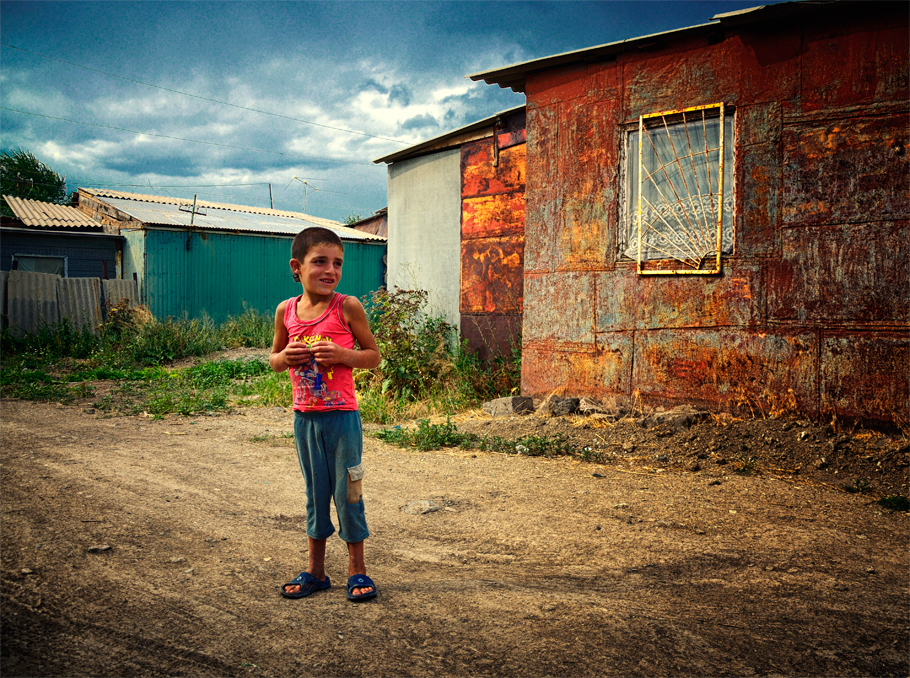Yerevan/Mediamax/. Around 15% of households in Armenia have remained food insecure since 2010 and a significant proportion are at risk of becoming food insecure.23. /Mediamax/. Around 15% of households in Armenia have remained food insecure since 2010 and a significant proportion are at risk of becoming food insecure.
This is stated in the joint report of Armenian National Statistical Service, UN World Food Programme (WFP) and UN Children's Fund, which informs that numerous households in Armenia have serious nutrition problems reflected in large numbers of stunted and overweight children.
According to the report, dual malnutrition burden hampers the ability of Armenia to reach its full human and socio-economic potential.
The report indicates that Armenia is exposed to multiple risks, and that 28 percent of households are at risk of becoming food insecure if affected by any shock. Moreover, 19% of children aged under 5 are reported to be stunted, and almost 15% were found to be overweight. The stunted condition is caused by chronic malnutrition in which children are small for their age.
The report developers observe that this dual burden of poor nutrition presents a significant public health concern.
UN World Food Programme Representative in Armenia Pascale Micheau noted that previous international studies had shown that child undernutrition impacts negatively the Gross Domestic Product of the country as a result of increased healthcare costs and lower productivity.
“It also adds to education costs. Food-insecure households have fewer educated members and allocate less of their overall income to education expenses,” said Pascale Micheau.
The report recommends early identification of malnutrition risks as a means of reducing stunting, while tackling overweight and obesity through increased awareness on proper nutrition.
It also suggests strengthening food security through investments in youth and women employment, rural development, social protection, and education.
School Feeding using locally produced food is a nutrition-sensitive social safety net and an investment to effectively address food insecurity and malnutrition, while supporting local economic development.
“Poor nutrition can cause irreversible damage to children, it can affect their brain and body development, their school achievement, as well as health and productivity later in life. Without access to nutritious food and awareness of its importance, we cannot expect healthy, strong and productive population in the future,” said UNICEF Representative in Armenia Tanja Radocaj.
“I would like to emphasise the high level of stunting among children under five. Stunting not only affects family living standards, but also impacts the economic development of affected countries through its correlation with GDP growth. I am not sure people realize how high it is. It is time to get together and do something to address it. By mobilizing resources and joining efforts of the Government and UN agencies it is possible to design effective interventions,” said the UN Resident Coordinator in Armenia Bradley Busetto.





















